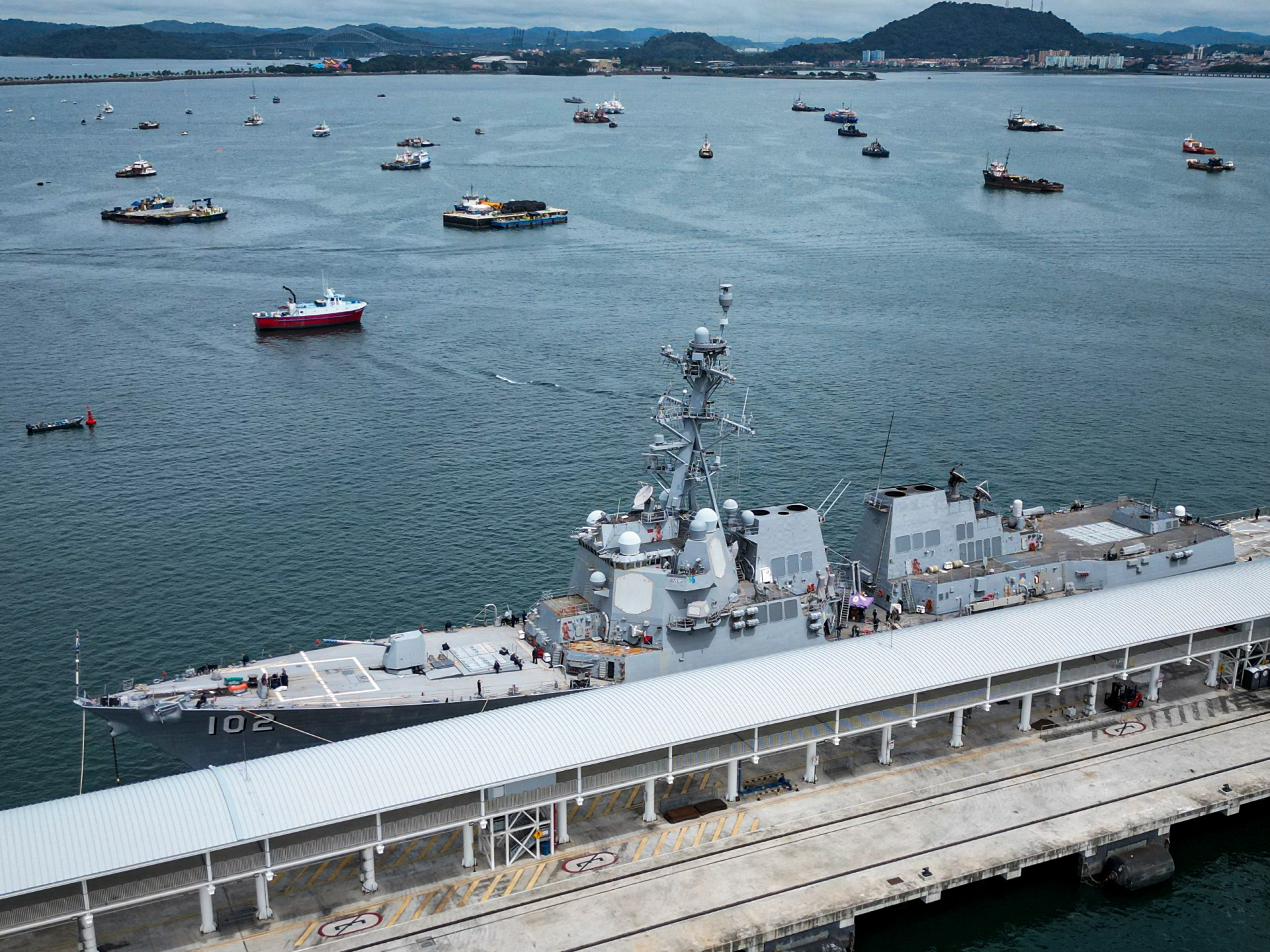Donald Trump has revealed that the military carried out a “kinetic” strike on a small boat for the Tren de Aragua gang, which he claimed was attempting to smuggle drugs out of Venezuela.
Trump shared black-and-white aerial photos of the bombing, which reportedly claimed 11 lives, in a Tuesday post on his social media platform, Truth Social.
11 terrorists were killed in action as a result of the strike. In this strike, Trump claimed, no U.S. forces were hurt.
“Please let anyone who is considering importing drugs into the United States of America know about this.” BEWARE”!
The president claims that the bombing occurred early on Tuesday morning. It represents a significant escalation in tensions with Venezuelan President Nicolas Maduro, who Trump has repeatedly claimed, without providing any proof, to be responsible for arranging transnational gang activity.
Trump first made the revelations at a Tuesday afternoon press conference in the Oval Office.
Trump flipped from a US Space Command announcement to make a seemingly spontaneous break from the news.
As he sat atop a podium surrounded by Vice President JD Vance and Secretary of Defense Pete Hegseth, Trump told reporters in the room, “you’ll see that we just, over the last few minutes, literally shot out a boat, a drug-carrying boat.”
There are a lot of drugs in that vessel. And you’ll be reading about that and seeing that, Trump continued, later adding, “These came out of Venezuela.”
Since the Trump administration increased its military presence in the Caribbean last month, the US has launched its first known military attack against alleged drug smugglers.
There are currently no details about the strike. No further details about the strike’s location have been provided, despite Marco Rubio, the secretary of state, who stated on social media that it had taken place in the “southern Caribbean.”
Trump called the passengers on the boat “narcoterrorists” who were “at sea in international waters transporting illegal narcotics, heading to the United States,” according to Trump.
Seven US warships and one fast attack submarine with nuclear power are either stationed in the Caribbean or anticipated to be there soon, according to the Reuters news agency. More than 4,500 sailors and marines are on board the ships.
Concerns about the deployment’s growing tensions with Venezuela have heightened since the deployment, which Maduro has already responded to by deploying more military forces to the coast.
In Venezuela, Maduro, a long-time adversary of Trump, pledged to “declare a republic in arms” on Monday.
Maduro has long accused the US government of interfering with his opposition’s political plans in Venezuela. He claimed in his remarks on Monday that Trump was “seeking a regime change through military threat.”
Trump, in spite of his initial apprehensions, resumed the campaign under the most extreme pressure that characterized his foreign policy toward Venezuela during his first term.
Trump’s special envoy, Richard Grenell, traveled to Caracas, Venezuela, to meet with Maduro shortly after his second inauguration in January.
Six American prisoners who had been released from Venezuelan prisons were taken back by Grenell from the trip. Venezuela consented to US deportation flights by March. Since then, more prisoners have been released and exchanged.
The Trump administration has since increased its pressure on Venezuela, using the nation as justification for enlisting in the Alien Enemies Act, a law passed during the war.
Trump has repeatedly drawn a direct line between groups like Tren de Aragua and the Venezuelan government in an effort to portray immigration into the US as a criminal “invasion.”
According to Trump, Maduro is in charge of the gang as part of a plot to “destabilize the US.”
In consequence, Trump announced last month that he would increase the reward for Maduro’s arrest from his previous first-term’s $15 million to $50 million.
A connection to the group has not been made by Maduro. The Trump administration’s claim is refuted by at least two US intelligence reports.
For instance, a declassified National Intelligence Council report from May revealed that Maduro’s government “probably does not have a policy of cooperating with” Tren de Aragua.
The report also claimed that Maduro is “not directing” the gang’s US operations, despite acknowledging that Venezuela offers a “permissive environment” that Tren de Aragua can operate in.
Tren de Aragua is one of the many Latin American criminal organizations designated by the Trump administration as “foreign terrorist organizations.”
Media reports in August revealed that Trump had authorized military action against cartels and other such organizations, causing rumors of strikes in Latin America.
Venezuelan authorities demanded “the immediate cessation of the US military deployment in the Caribbean” last week.
Source: Aljazeera

Leave a Reply